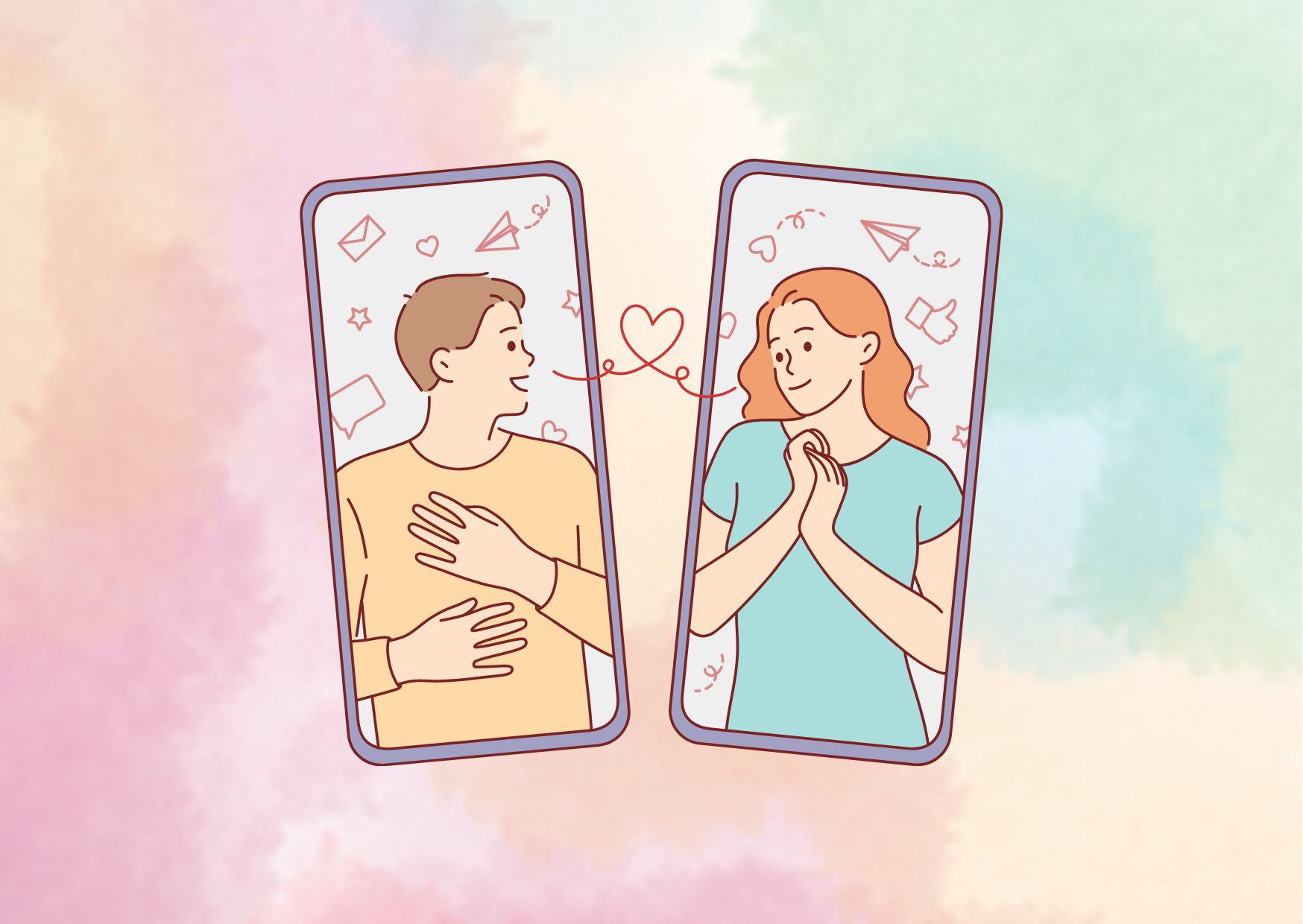Gen Z Dating: Why Is It So Challenging for Today’s Youth?
The dating landscape has undergone a seismic shift, leaving Gen Z navigating uncharted territory. For a generation immersed in technology and social media, forging meaningful connections has become an intricate dance riddled with complexities. As the boundaries between virtual and real-world interactions blur, gen z dating and relationships face unprecedented challenges. From the prevalence of “ghosting” and “breadcrumbing” to the paradox of choice afforded by endless dating apps, the quest for genuine intimacy has taken on a new form.
This article delves into the intricacies of gen z dating, exploring the factors that contribute to its uniquely arduous nature. We’ll examine the impact of technology, societal shifts, and evolving gender dynamics on gen z relationships and dating habits. Additionally, we’ll unravel the nuances of toxic dating trends like “love bombing” and “gatekeeping,” shedding light on how they shape the gen z break up experience. By understanding the complexities at play, we can better navigate this new terrain and cultivate healthier, more fulfilling connections.
Gen Z Dating Style
Gen Z, the first generation to have internet connectivity from birth, has seamlessly integrated technology into every aspect of their lives. This digital immersion has profoundly shaped their approach to dating and relationships. Let’s explore the state of dating today and the unique challenges faced by this generation.
The state of dating today: What does dating look like in 2024?
According to a 2023 Statista survey, while millennials (aged 30-49) make up 61% of dating app users, Gen Z accounts for only 26%. This disparity may stem from the unique challenges Gen Z faces on these platforms. Hinge’s 2024 D.A.T.E. (Data, Advice, Trends and Expertise) report highlights that many Gen Z daters cite fear of rejection and being perceived as “cringe” as their top concerns.
Gen Z daters may find it challenging to put themselves in a vulnerable position online, seeking partnership only to face rejection or ghosting. This struggle to make connections through dating apps could explain why some Gen Z individuals are deleting these apps or choosing not to date at all after hearing their peers’ negative experiences.
The new dating normal
If Gen Z is opting out of traditional dating apps more than other generations, where are they finding potential partners? Interestingly, many college-aged Gen Z daters are meeting partners in person, either at school, through friends, or simply by being out in the world. Dating someone from their community or friend circle may alleviate the stress and anxiety often associated with the dating app environment.
Gen Z is also leveraging technology in innovative ways to connect. Social media platforms like Instagram and TikTok have become spaces for meeting potential partners, allowing users to gauge others’ personalities and interests before initiating a connection. Some Gen Z daters are bypassing dating apps altogether and tapping into their social media communities to find dates.
Another intriguing trend involves sharing detailed personal information and preferences through personalized Google docs linked in social media bios. These “Date Me” docs offer in-depth summaries of what someone is looking for, including past partner reviews and calendar links to schedule meetups. While dating apps have experimented with similar features, “Date Me” docs put control back in the hands of daters, akin to meeting “in the wild” or leveraging social media contacts.
Waiting until they’re ready
Gen Z’s approach to dating is marked by a departure from traditional expectations and timelines. They are not fixated on conventional milestones like marriage or having children by a certain age. Instead, they prioritize self-discovery, personal growth, and exploring various connections without the pressure of a specific endgame.
This generation embraces the concept of “NATO” dating, an acronym for “Not Attached To an Outcome.” This approach encourages daters to focus on the present moment, getting to know someone without predetermined expectations. It fosters a sense of freedom and liberation, allowing Gen Z to explore different paths and possibilities without feeling constrained by societal pressures or timelines.
Dating Apps and their influence
Gen Z, the first true digital natives, have seamlessly integrated technology into every facet of their lives, including their approach to dating and relationships. This generation’s reliance on and familiarity with digital platforms has profoundly shaped their dating experiences, presenting both opportunities and challenges.
How dating apps and social media have changed the game
While dating apps have become a ubiquitous tool for finding potential partners, Gen Z’s usage of these platforms is surprisingly lower than that of older generations. According to a 2023 Statista survey, only 26% of Gen Z daters in the U.S. utilize dating apps, compared to 61% of millennials aged 30-49. This disparity may stem from the unique challenges Gen Z faces on these apps, such as a fear of rejection and being perceived as “cringe,” as highlighted in Hinge’s 2024 D.A.T.E. report.
